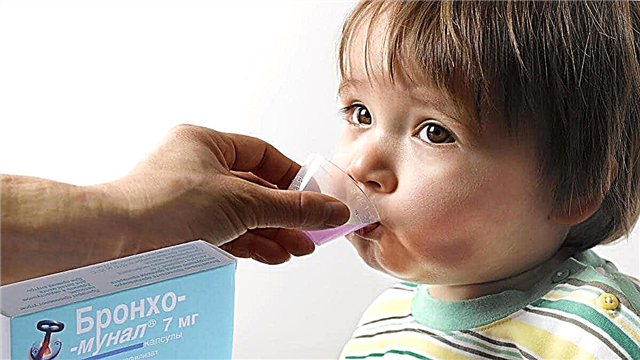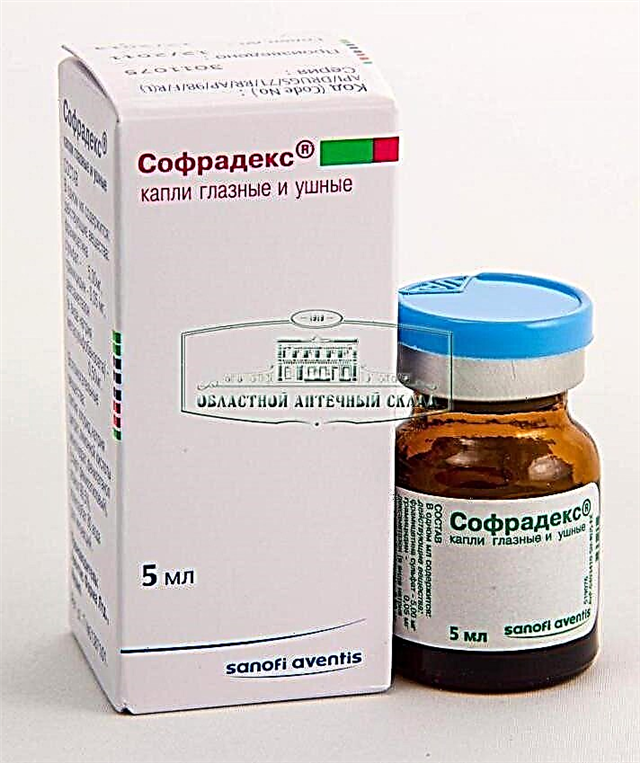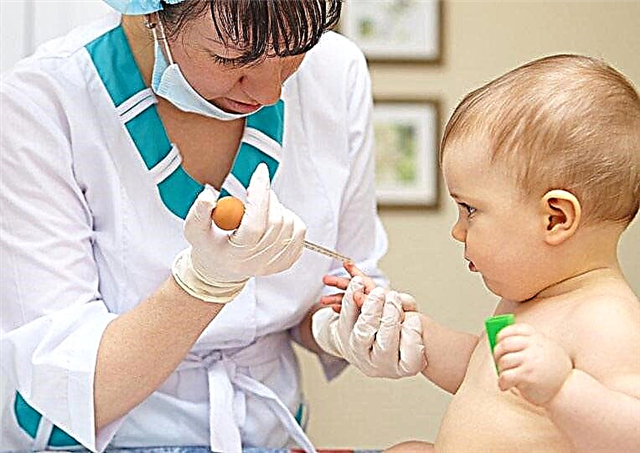 At six months, in addition to breast milk, other products are introduced into the child's diet - complementary foods. Parents immediately have a lot of questions about products that will benefit the baby and not harm. One of the most common such questions is: can a child be given tea?
At six months, in addition to breast milk, other products are introduced into the child's diet - complementary foods. Parents immediately have a lot of questions about products that will benefit the baby and not harm. One of the most common such questions is: can a child be given tea?
Tea is a widespread and popular drink, in many families it is consumed daily and in considerable quantities. To figure out whether children need tea, it is worth considering in detail its composition.
Components of tea and their effects on the child
Tea contains many different substances. Many of them have different effects (positive or negative) on the child's body.
- Tannin is the tannin of tea. It reacts with iron in the stomach. This leads to a decrease in the hemoglobin content in the blood. The risk of developing anemia increases.
- Theine is an alkaloid with a mild but long-lasting stimulating effect. It has a positive effect on bowel function and metabolism. The high content of theine in tea helps to inhibit the formation of vitamin D. This leads to the development of rickets.
- Other alkaloids that are found in tea, but in smaller quantities than theine. They have a diuretic and vasodilating effect.
- Purine bases contribute to the formation of excess uric acid and oxalates (its salts). To remove these compounds, the work of the kidneys is enhanced, which are still weak in the baby.
- Oxalic acid binds calcium in the body. This will lead to the destruction of the first milk teeth and poor bone growth.
- Vitamins C and group B.
- Valuable trace elements: zinc, magnesium, potassium, manganese, fluorine.
- Flavonoids are antioxidants. They contribute to the elimination of harmful substances from the body.
- Methionine helps to normalize fat metabolism in the body.
For an adult organism, when drinking tea, all these compounds do not have a pronounced negative effect. For children, even a small number of them has a strong effect on the development of the body.
So, regular tea will not benefit babies. Most likely it is even harmful. You can introduce tea into the baby's diet after one and a half to two years.
White, black or green
There are several types of tea, and it is worth deciding what kind of tea can children drink after 1.5-2 years. All varieties of tea are the leaves of the same plant, but have undergone different processing. The richest in tannin and thein content is green tea. Therefore, at the moment when the child can start giving tea, it is better to stop at black.
Is it better to use tea bags or leaves?
It has long been known that the use of sachets is best avoided. They contain unwanted impurities. They can cause allergic reactions in children and the quality of this tea is questionable. Only freshly brewed tea can be used. An hour later, the content of nutrients in tea drops sharply, and when reheated, harmful compounds are formed.
When brewing tea for a child, you need to make sure that it is weak, light brown and warm. Give black tea during the day, for example, during breakfast. Otherwise, the invigorating effect of the drink will lead to poor falling asleep of the child.
Tea additives
Many people drink tea with milk, sugar, lemon or other flavorings. Should babies add any additives. And if possible, when to give tea with sugar or honey.
Milk tea is good for babies. When milk is added, all the beneficial substances of tea are preserved, and the effect of some compounds harmful to the baby is neutralized. In preschool children's institutions and in hospitals, it must be included in the menu. Many nutritionists even recommend diluting your baby's tea by half with milk. This is due to the effect of milk on some components of tea:
- binding of tannins eliminates the risk of lowering hemoglobin levels;
- neutralization of oxalic acid reduces the leaching of calcium from tooth enamel;
- tea pigments neutralized with milk will not affect the tooth enamel.
It is better to abandon the use of sugar for tea altogether or put it in very small quantities. You can, if the baby wishes, drink sweet tea instead of sugar, use honey. However, you should be careful, as honey is the strongest allergen.
Apples, dried rose hips, currants, strawberries or raspberries can be used as additives. Fragrant herbs (linden flowers, chamomile, mint) will add taste and aroma to the drink and will be beneficial. All of them have pronounced medicinal properties, therefore, before using it, you should consult your doctor.
In principle, tea, like coffee, is an “adult” drink. Before two years, it is better to refuse to use this drink altogether.
There are many herbal and fruit teas on the market designed specifically for small children. There are even teas that can be used from two months. If you want to give your baby a drink, such drinks will not only remove thirst, but also benefit.
Updated: there are special herbal and herbal teas for babies. For example, with chamomile, lemon balm, mint, St. John's wort, fennel, rosehip, linden. Such a drink also heals. For example, it normalizes digestion, soothes, facilitates the separation of phlegm when coughing. There is a large selection of tea in granules in pharmacies, it is important to observe the indicated dosage with them. But before you buy a package of tea, do not be lazy to consult a doctor: you need to be extremely careful with herbs. Artificial babies can be given tea as early as 3-4 months, infants - after six.
We read further:
- How to teach a kid to drink from a mug
- Baby juices
Consider options for weakly brewed tea, fruit or vegetable broth. We are talking on this topic in the block of Irina Zaitseva with the pediatrician Sofia Nikolaevna:



